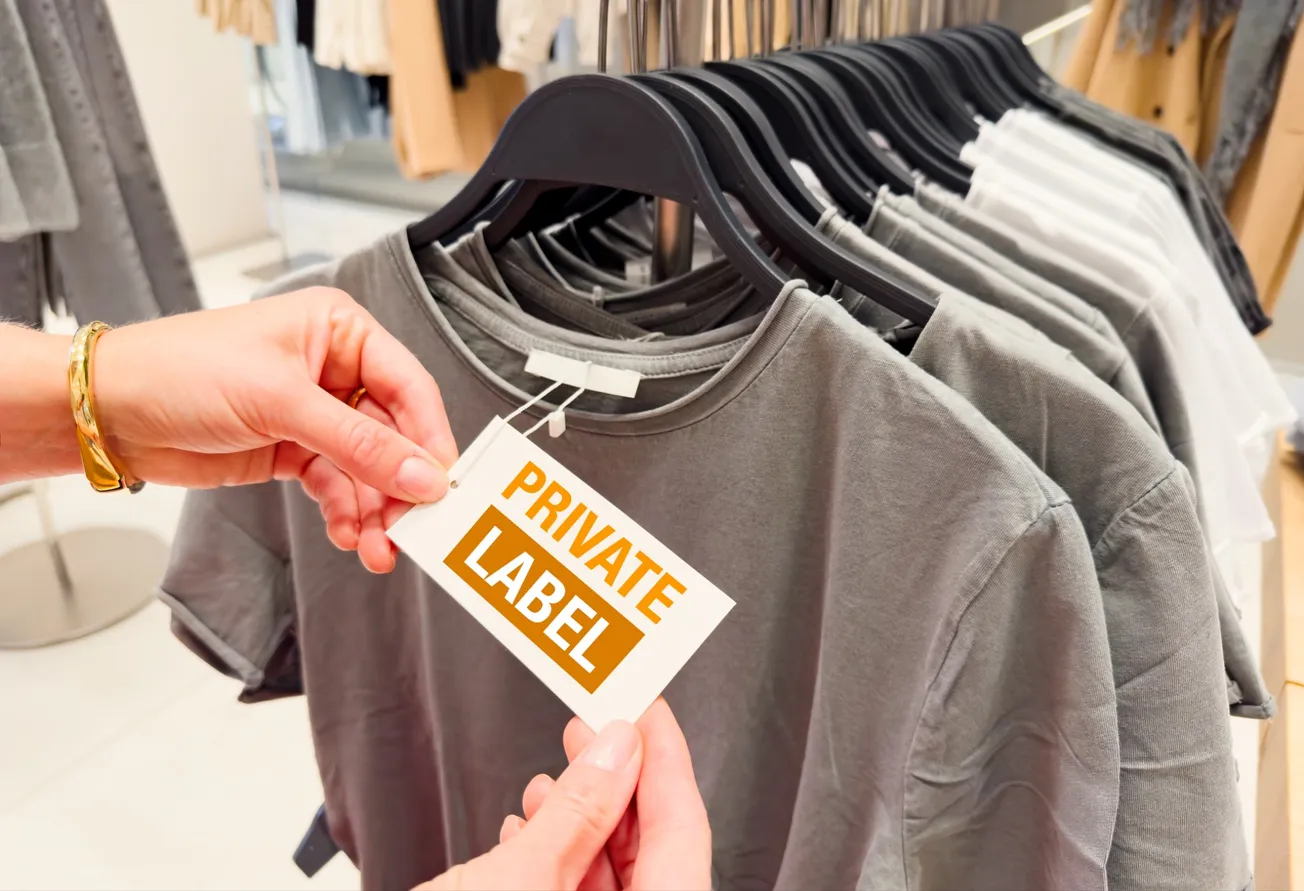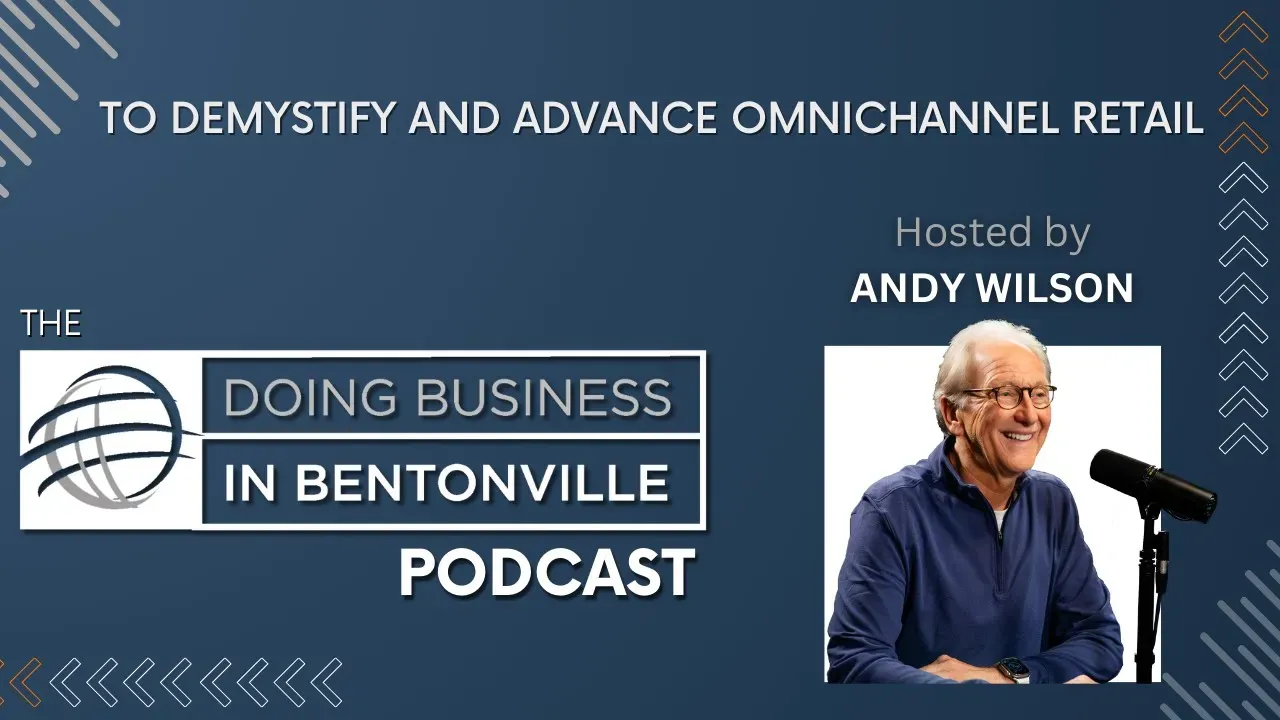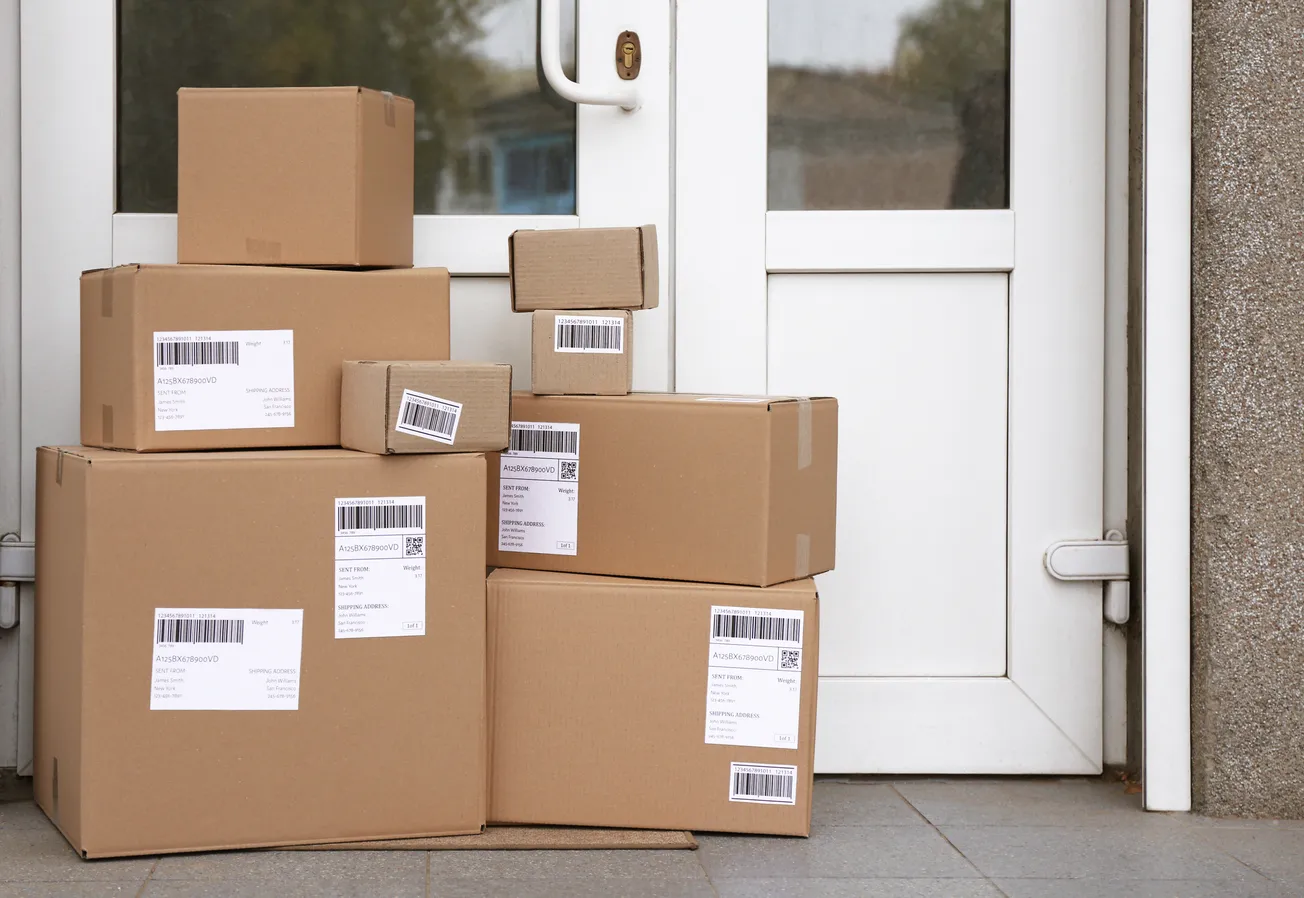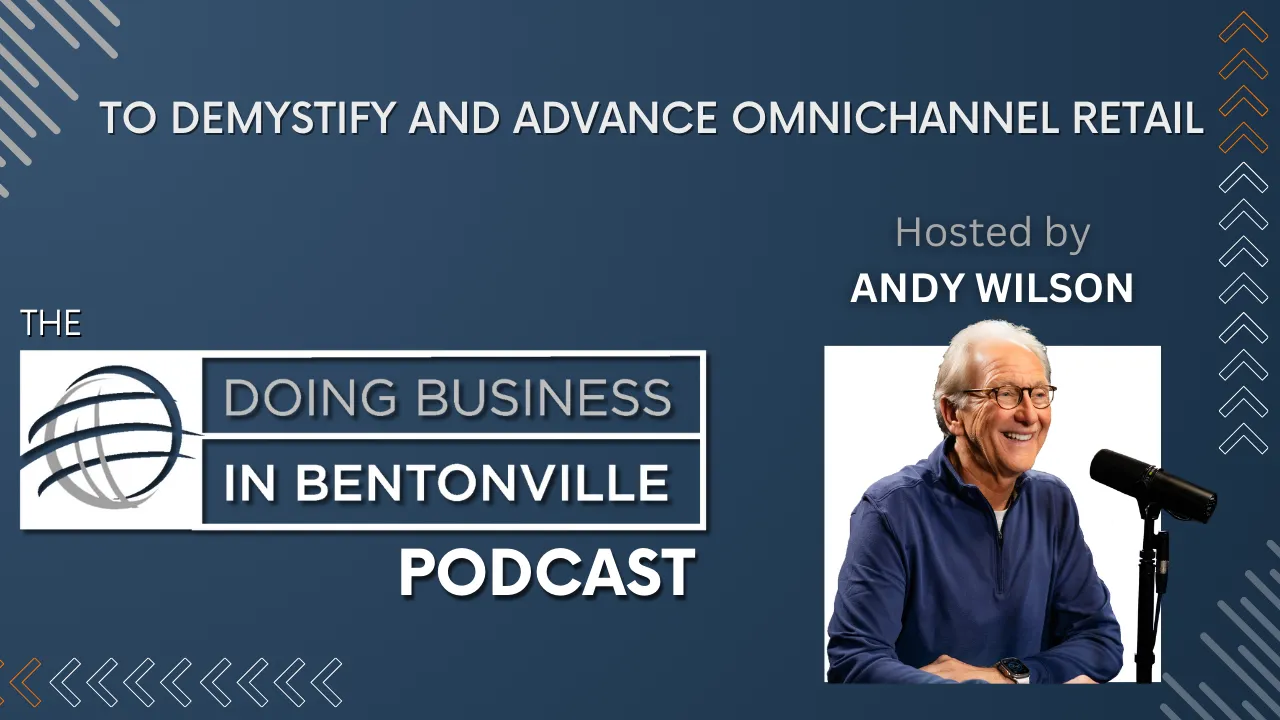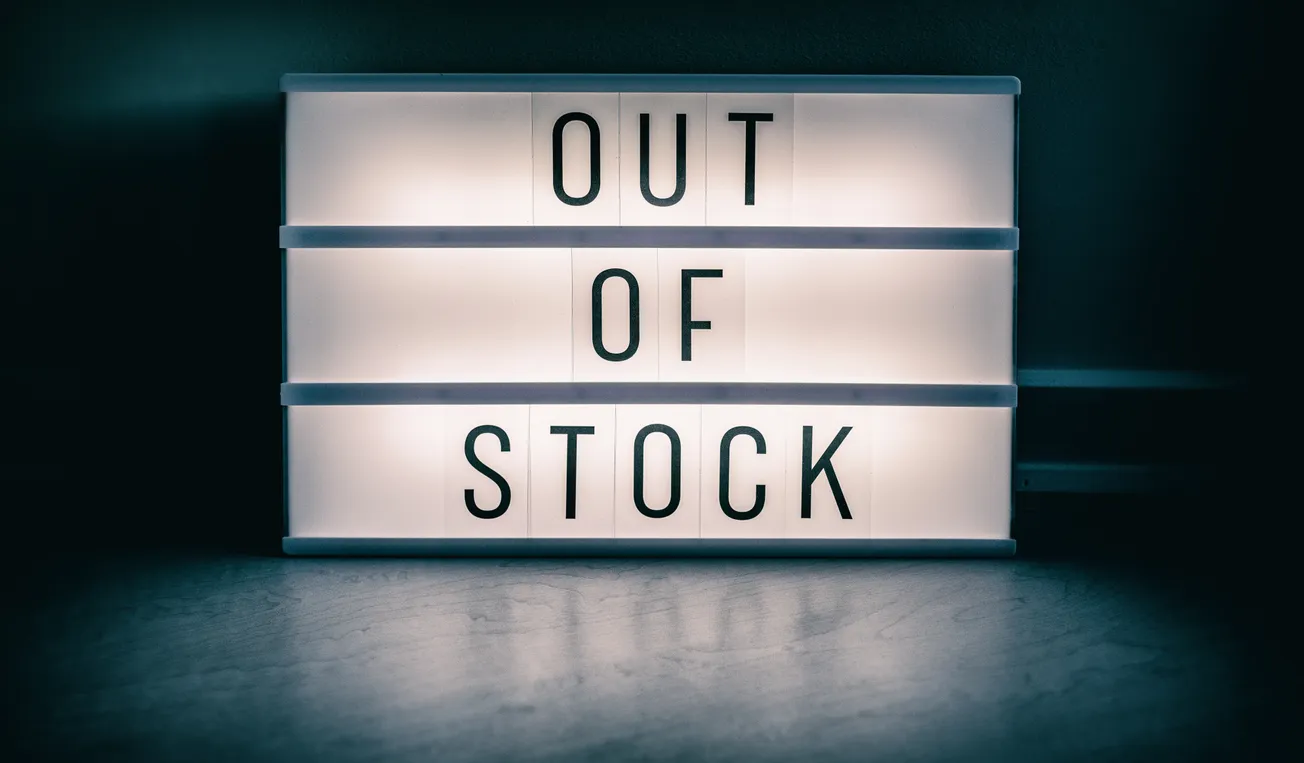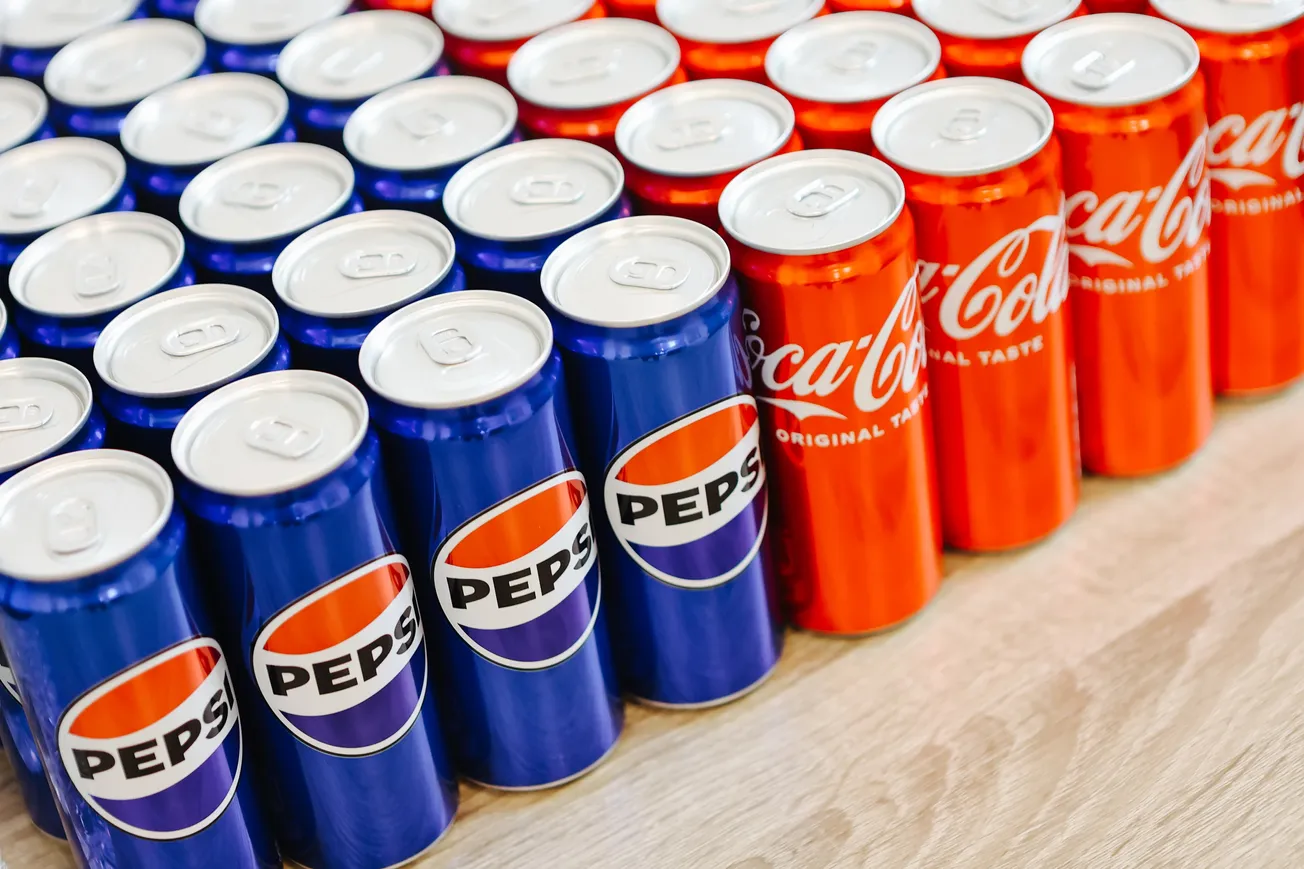Private labels, once considered the budget-friendly alternative, have now become a strategic focal point for major retailers.
Consumer behavior towards private labels is changing, dispelling old stigmas associated with buying non-branded products. Retailers are capitalizing on this shift by investing in marketing campaigns that highlight the value and quality benefits of their private label products.
Private label brands have seen a dramatic surge in popularity, particularly in an inflationary economic climate. In 2023, private-brand sales in the U.S. surged by $217 billion, reflecting a 6% increase in dollar sales.
Consumers are increasingly turning to these brands for their perceived value as high-quality alternatives to national brands, especially in the food and beverage categories where private labels often outperform national brands in terms of both sales and customer loyalty.
This shift is not just about cost-saving for consumers; it’s about offering high-quality, well-marketed products that can stand toe-to-toe with established national brands.
Private label brands have been particularly successful in the food and beverage sector. Walmart’s new bettergoods private label food brand is the latest in a broader trend of retailers expanding their private label offerings to capture market share amidst rising inflation and evolving consumer preferences.
Retailers like Walmart have not only focused on affordability but also on improving the quality and variety of their private label offerings. This dual focus helps in attracting a diverse customer base, including those who might have previously overlooked private labels
Gen Z and Millennial consumers are significantly influencing the private label market. These tech-savvy and socially conscious groups are more open to trying private label products, especially if they align with their values such as sustainability and ethical sourcing. Retailers are tapping into this demographic by offering products that meet these criteria, thereby driving growth in the private label sector.
For example, Walmart's collaboration with local producers ensures a supply of fresh, high-quality products for their private label brands.
Additionally, advancements in packaging technology and sustainable practices are helping retailers appeal to environmentally conscious consumers.
Retailers, including Walmart, are investing heavily in innovation and promotional strategies to attract consumers to their private label offerings.
By enhancing their private label portfolios, these retailers can provide cost-effective alternatives, thereby driving customer loyalty and increasing market share.
Competitors like Amazon and Target are also expanding their private label offerings, creating a highly competitive environment.
The rise of private labels represents a significant shift in the retail landscape. For retailers like Walmart, this trend offers a way to differentiate themselves in a crowded market. By focusing on quality, innovation, and strategic marketing, they can attract a loyal customer base and drive long-term growth. For consumers, the proliferation of high-quality private label options provides more choice and better value, making private labels an increasingly important part of their shopping habits.
As inflation persists, the trend towards private labels is expected to continue, with retailers leveraging these brands to meet consumer demand for affordable options without compromising on quality.
Stay up to date on the latest Omnichannel news by Subscribing to Our Newsletter

